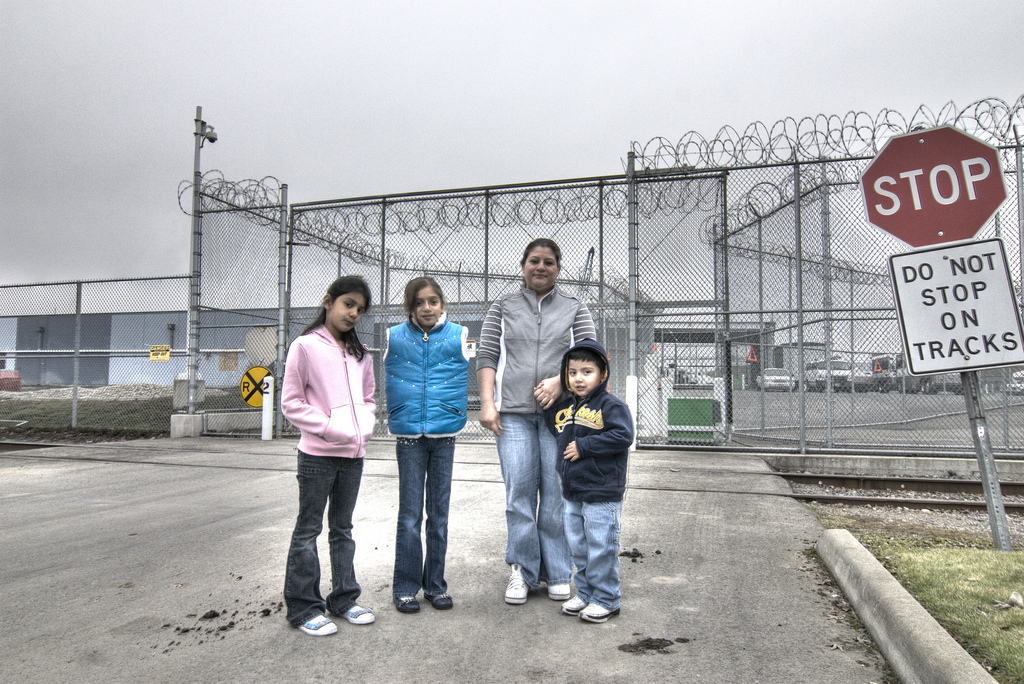In the discussion around family detention, little attention has been paid to the fact that states play an important role in licensing any facilities where children are cared for. That role has come under heightened scrutiny since federal judge Dolly M. Gee ruled in August that, under the long-standing Flores v. Reno settlement agreement, children detained with their parents cannot be held in facilities that are not licensed to care for children. Since the decision, state authorities in Texas and Pennsylvania, the two states with detention centers for immigrant families, have taken action—but have moved in opposite directions.
The Berks County Residential Facility, the oldest and smallest of the three immigrant family detention centers, is currently licensed as a child residential facility by the Pennsylvania Department of Human Services (PA DHS). However, last week, the Secretary of PA DHS notified the facility that, because it actually detains refugee families, rather than only children, Berks is not operating as “the type of facility for which it was originally and continues to be licensed.” As a result, the Berks Facility’s license will not be renewed next February unless it becomes “a child residential facility,” rather than a family detention center. Advocates applauded the move to hold Berks accountable for operating outside of its license.
[wc_box color=”primary” text_align=”left”]
Related Content: Family Detention Resource Page
[/wc_box]
Texas officials have moved in the opposite direction. Last year, the federal government opened two new privately-run family detention centers in Karnes City and Dilley, Texas, with the combined capacity to hold over three thousand mothers and children. Currently, neither facility has a state license to house or care for children. But after the Flores decision on licensing, the Texas Department of Family and Protective Services (DFPS) rushed to publish an emergency rule, creating an entirely new category of state licensed facility. The new category would allow DFPS to issue temporary licenses to family detention centers to care for children under modified standards that do not live up to the minimum requirements for other child-serving facilities.
Now, both the Karnes and Dilley facilities are applying for licenses under this new category. A local non-profit has sued the state, arguing that the fast-tracked rule-making procedure denied the public an opportunity to comment and avoided publicly explaining how the state will safeguard the well-being of immigrants held in family detention centers. Other national and regional organizations are urging DFPS to deny licenses to the facilities and instead devote its resources to investigating the troubling conditions documented at both Dilley and Karnes.
This flurry of activity coincided with last Friday’s deadline, set by Judge Gee’s decision on family detention, for the government to comply with the Flores agreement, including its licensing requirements. The Department of Homeland Security has not taken the steps necessary to comply with the court order, and advocates on the ground in Texas and Pennsylvania continue to monitor and document the government’s lack of compliance. It remains to be seen what steps the judge will take in response. Meanwhile, families and children seeking refuge from violence in their home countries remain locked up in Pennsylvania and Texas.
Photo by the Seattle Globalist.
FILED UNDER: Children, Department of Homeland Security, Executive Branch, Family Detention, featured, Karnes


